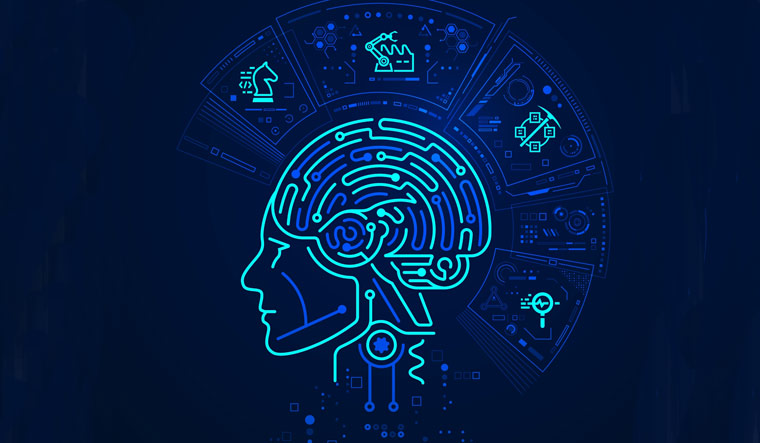Researchers have unveiled Brainoware, a biochip featuring a nanoscale "brain organoid" grown in a Petri dish using human stem cells. This cutting-edge technology could potentially revolutionise the field of artificial intelligence by providing high-powered intelligent systems at a fraction of the energy costs associated with existing technologies. Brainoware, as the biocomputer has been affectionately dubbed, showcases remarkable voice recognition capabilities and can perform complex mathematical predictions.
Unlike traditional neural network data centers, the human brain operates on a mere 12 watts of power on average, compared to a desktop computer's consumption of 175 watts. In contrast, advanced artificial intelligence systems can consume millions of watts. Recognising this efficiency, scientists envision the development of cyborg "biocomputers" that could significantly reduce energy costs while offering unparalleled computational power.
Brainoware's designers are optimistic that human brain organoid chips can serve as the foundation for neural network technology, offering faster, cheaper, and less energy-intensive alternatives to existing options. However, significant logistical and ethical challenges remain.
Published in Nature Electronics, the study conducted by Indiana University's research team demonstrates the successful integration of the brain organoid with a silicon chip. Brainoware was trained to accurately recognise speech patterns and perform intricate mathematical calculations. Functioning as an adaptive living reservoir, Brainoware is capable of nonlinear responses to electrical inputs while retaining a rudimentary memory. The lab-grown brain cells within the silicon-organic chip act as information transmitters, efficiently receiving and transmitting electrical signals.
To assess Brainoware's capabilities, the team subjected the biocomputer to 240 audio clips of adult male Japanese speakers, converting them into electrical signals and transmitting them to the organoid chip. Remarkably, within a mere two days, the neural network system powered by Brainoware accurately differentiated between eight speakers with a staggering 78 percent success rate using just a single vowel sound.
Continuing their exploration, the researchers delved into Brainoware's mathematical aptitude. After a brief training period, the biocomputer successfully predicted a Hénon map—a complex example of a dynamical system known for its chaotic behavior. This remarkable feat demonstrates the computational prowess of Brainoware, which extends well beyond simple arithmetic.


